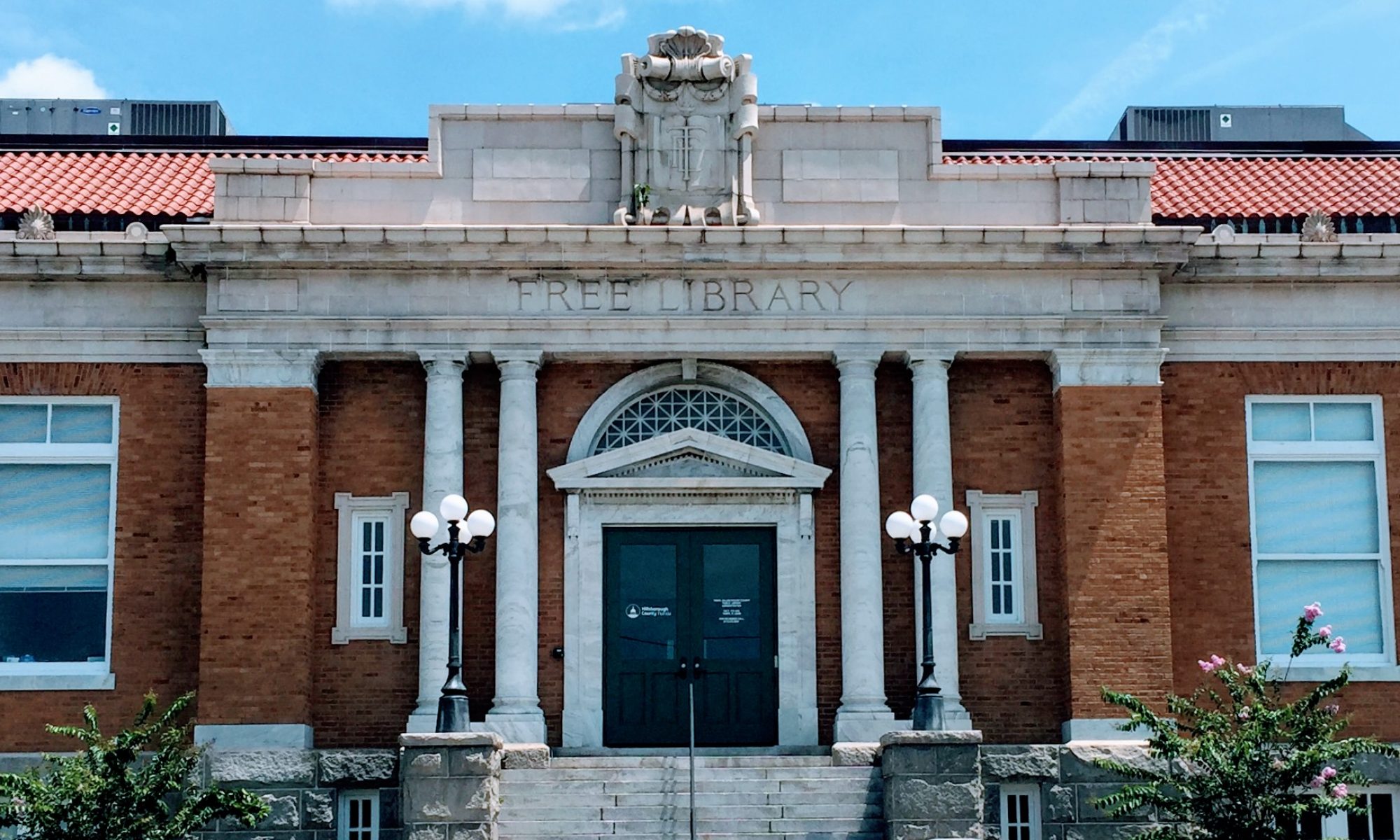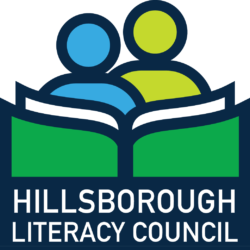Summer is wrapping up for this year and we are rounding the corner of 2018, and already heading to 2019. The kids are back in school, and all of us at the HLC are preparing to ride the flow of time right through the Annual Student and Tutor Appreciation event, the busy month of October, the Holidays, and then bam! It’s the end of the year! So, you know what I recommend we all do for the next few months to destress and finish this year with a bang? I suggest we all learn a language on Mango Languages!
I’m trying German.
If you haven’t tried it, you really should. It’s free for any library-card holding resident of Hillsborough County. It’s a great way to charge up your mind. And if you teach ESOL, then don’t forget to tell your students to check out Mango as well. It has English as a Second Language courses offered in a variety of first-language options.
But, I’m not advertising for Mango. Trust me, I’m not getting any kick back! There are many great reasons why learning a second language is a great thing to do at any age. I’ll tell you about a few but first, let’s talk about something called, “The Critical Period Hypothesis.”
Most people know that children seem to learn languages much easier than adults. For some reason, the ability to learn a language with a minimum of effort turns off at a certain point, after which we really have to study hard just to awkwardly converse in a new language. This time in life before our abilities change is called the Critical Period. There is a lot of debate about it. It’s believed that perhaps something about puberty flips a language-learning switch, but not everyone really agrees about just what the phenomenon is. There does seem to be some evolutionary benefit to having a time in your youth when you learn the language of your people without any explicit instruction, then shut down to all other languages. Thought and language become so entwined, maybe it’s just best for the brain to close the valve of language learning once it has figured out the rules of your language. But, if a child is exposed to many languages in a reliable way before this happens, they’ll capture them as well, and I consider them to be very lucky indeed.
It’s interesting to think about because many people lament at the difficulty of learning a new language as an adult, thinking about how much easier it would be as a child. To this I say, don’t forget that a lot second language learners are adults. In other words, adults accomplish this feat all the time, and you can too! But hey! You don’t even have to worry about mastering a language. Just the act of learning what portion of a language you can will open up your mind in many pleasant ways.
Another aspect about the struggle we should keep in mind is that, of course, all of our learners are coping with the challenges of learning a language skill. The Critical Period Hypothesis relates to literacy as well. Learning to read is a lot harder as an adult. I think it does all of us who are interested in teaching literacy and languages a little good to experience what our students are going through. It can give us insights and common ground to both commiserate and inspire each other.
On a final note, there is a lot of research out there that seems to indicate that being bilingual provides cognitive benefits, like delaying dementia. Lifelong learning in general has many great effects, so really, there’s no reason not to try it. And, do you know, there are plenty of people out there who think there may yet exist a way to circumvent the Critical Period? I would encourage everyone to give it their best shot, and since you can use Mango for free, that’s a great place to start.

